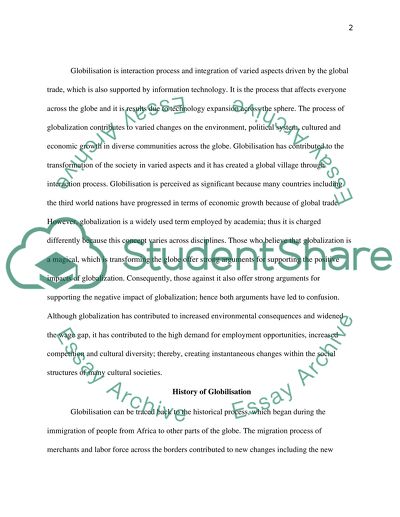Cite this document
(“Globalization Has Had Positive Impacts On Most Workers In The Third Essay”, n.d.)
Retrieved from https://studentshare.org/environmental-studies/1479146-globalization-has-had-positive-impacts-on-most-workers-in-the-third-world
Retrieved from https://studentshare.org/environmental-studies/1479146-globalization-has-had-positive-impacts-on-most-workers-in-the-third-world
(Globalization Has Had Positive Impacts On Most Workers In The Third Essay)
https://studentshare.org/environmental-studies/1479146-globalization-has-had-positive-impacts-on-most-workers-in-the-third-world.
https://studentshare.org/environmental-studies/1479146-globalization-has-had-positive-impacts-on-most-workers-in-the-third-world.
“Globalization Has Had Positive Impacts On Most Workers In The Third Essay”, n.d. https://studentshare.org/environmental-studies/1479146-globalization-has-had-positive-impacts-on-most-workers-in-the-third-world.


